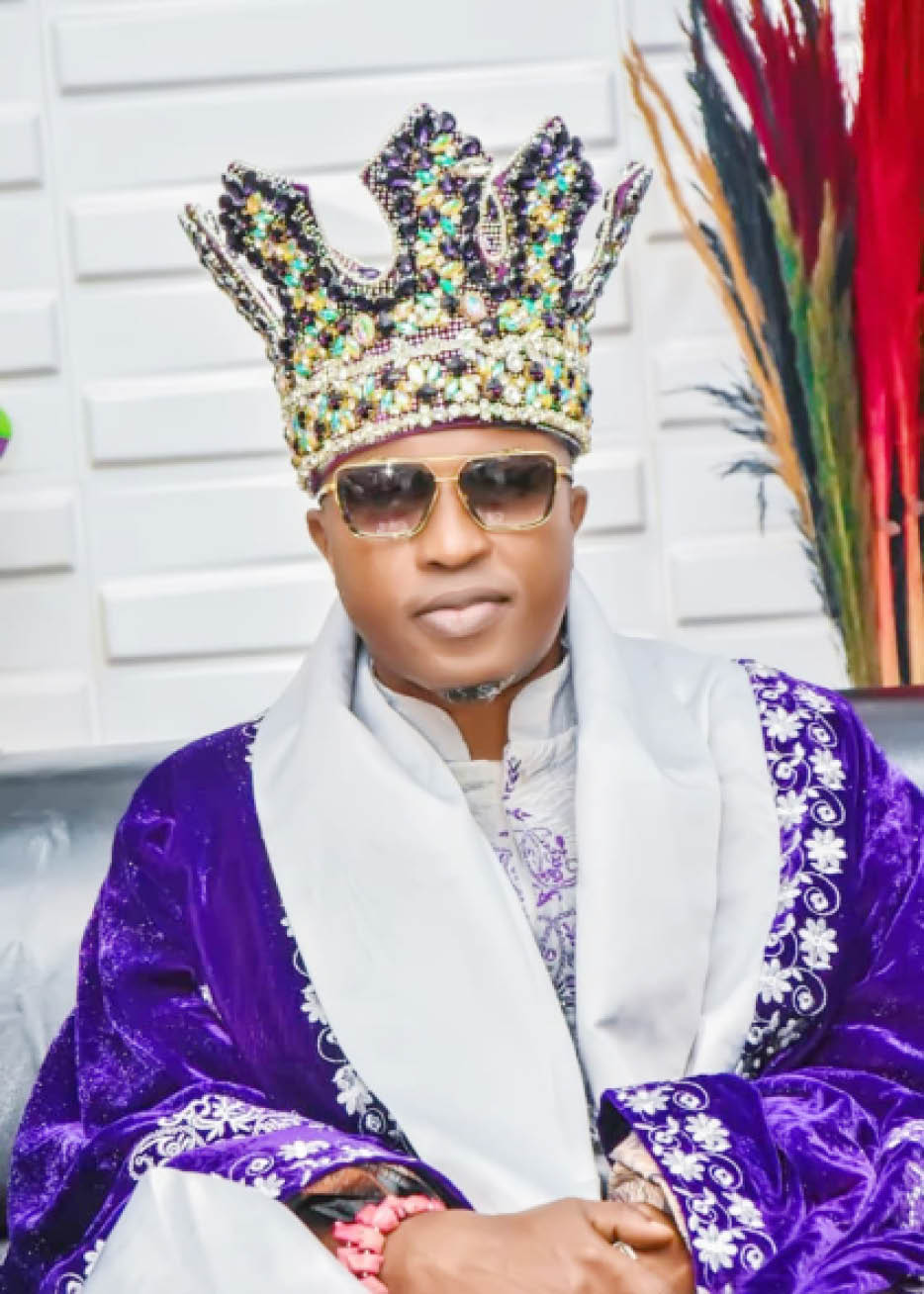Ayo Olukotun, Olabisi Onabanjo University
Nigeria got independence from Britain on 1 October 1960. As the country celebrates its political journey in the last 62 years, political scientist Ayo Olukotun takes a look at the nation’s political development, gains and challenges. He also offers the way forward.
How would you describe Nigeria’s political development?
Well, in terms of evolution, the nation appears to be shedding the toga of unitarism and jackboot politics – at least for now. However, there are residues of the long years of military rule in today’s civilian democracy. Nigeria is still quite authoritarian.
One example would be a report recently released by the National Human Rights Commission. Discipline was recommended against some police officers because they allegedly brutalised civilians. And, despite the EndSARS protests against police brutality in 2020, not much has changed in terms of their behaviour.
There is also presidential omnipotence. The Nigerian president is about the most powerful president in Africa. This power is made possible by the 1999 constitution, a unitary document masquerading as a federalist one. State governors, too, are protected by the constitution. Nobody dares challenge them: in one instance a journalist was arrested for statements a governor considered uncomplimentary.
What about political gains?
One of the gains is the fact that we have not had a coup since 1999, although there have been coup rumours. We appear, for now, to have overcome democratic regression – unlike other countries in West Africa and other parts of Africa where you have one-man rule, coup d’etats and so on.
Another gain is freedom of speech. Nigerians can now express themselves, unlike during the military era. However, as evidenced by the journalist’s experience I described, this gain is being eroded by authoritarian governors and leaders.
What is working against Nigeria’s development?
Despite the launching of some anti-corruption agencies, there is still large scale corruption. Take the former accountant general of the federation, who has been charged with stealing N109 billion. And there are other cases of corruption involving former office holders.
Then look at how the last primaries by the major political parties were monetised. One contender withdrew because, he said, the process was “obscenely monetised”.
Poverty is another challenge. The political leaders have turned poverty into a weapon against the people. Ethnicity and religious bigotry are also holding back Nigeria’s political and economic development.
What should Nigeria be doing to uplift itself?
We must go back to federalism or what some people call true federalism: power should be devolved to the federating units. These are the federal, state and local governments.
Many have called for this over time because Britain, which is a unitary nation, embraced power devolution. If unitary states are reaping the benefits of devolution, why not Nigeria? The council flats that you hear about in the UK are built by local governments and that system works far better than our own councils. Also, their police are decentralised and they are effective. The same is true in several parts of Europe.
Before now political leaders in northern Nigeria opposed state police, but now northern governors, leaders and monarchs have been calling for state police because of the high level of insecurity in those areas.
There must also be more focus on corruption. What we have under President Muhammadu Buhari is like a contest between anti-corruption and politics. In my opinion, politics has overtaken anti-corruption – that is why ministers who have fraud cases at the Economic and Financial Crimes Commission are still in office. The government finds it difficult to nail them because of political issues and deals.
There are other things that a nation that wants to move forward should do; quality education is one of them. We should invest in education. But Nigeria is not funding education at all levels. And the universe has disappeared from our nation’s university system: what makes it global has disappeared over time.
Do you think Nigeria has a future?
It depends on how the public office holders behave. All of them come with rosy promises. They promise heaven and earth. At the end of the day maybe they achieve only 10% of those promises. But if they can up their game there’s no reason why Nigeria can’t progress.
Twenty years ago, Nigeria was predicted to be similar to one of the Asian Tigers (South Korea, Malaysia, Taiwan). It was going to grow at a comparable rate to these nations. Instead it has been regressive.
At independence in 1960, Nigeria was richer than China. China is a world power today. Nigeria could be a continental power, or bigger, if the leaders and the followers can reverse the current tide of regression and corrupt politics.
Ayo Olukotun, Professor and Chair of the department for Governance and Political Science, Olabisi Onabanjo University



Connect with us on our socials: